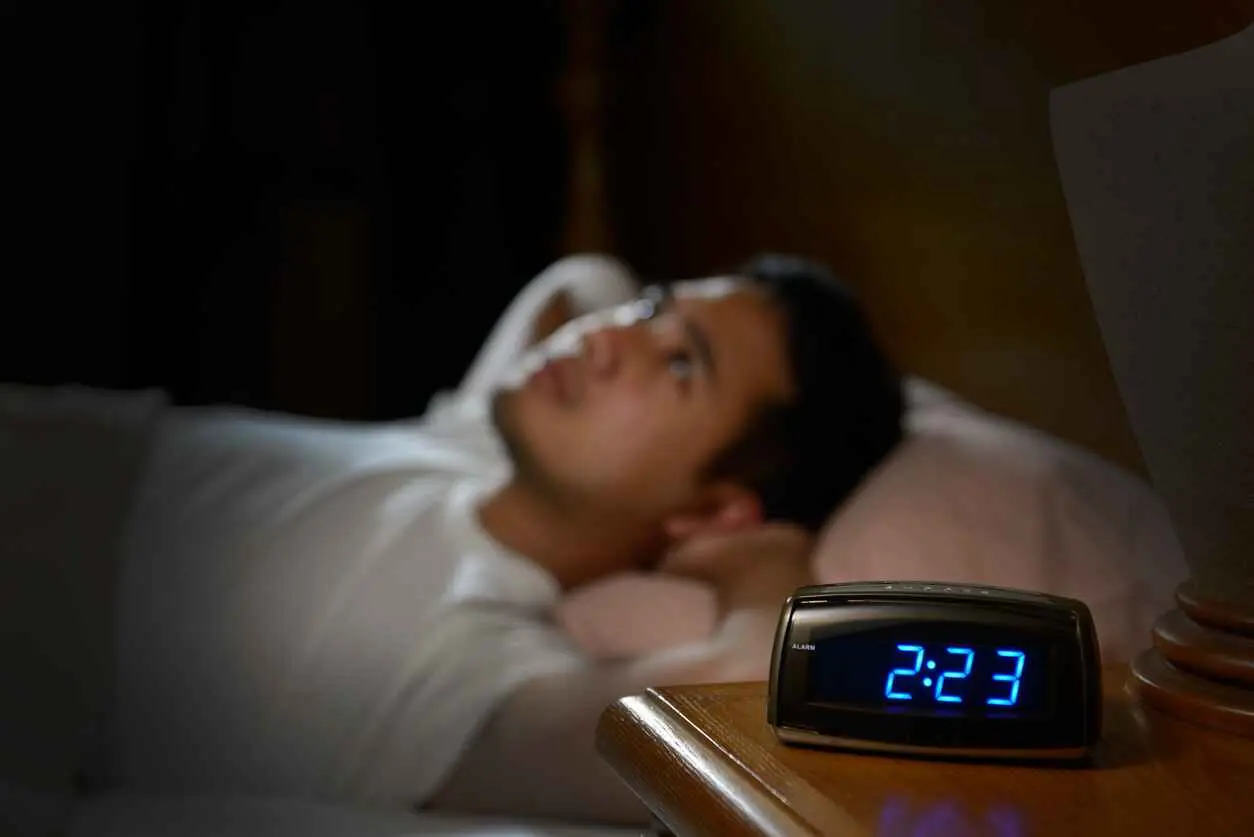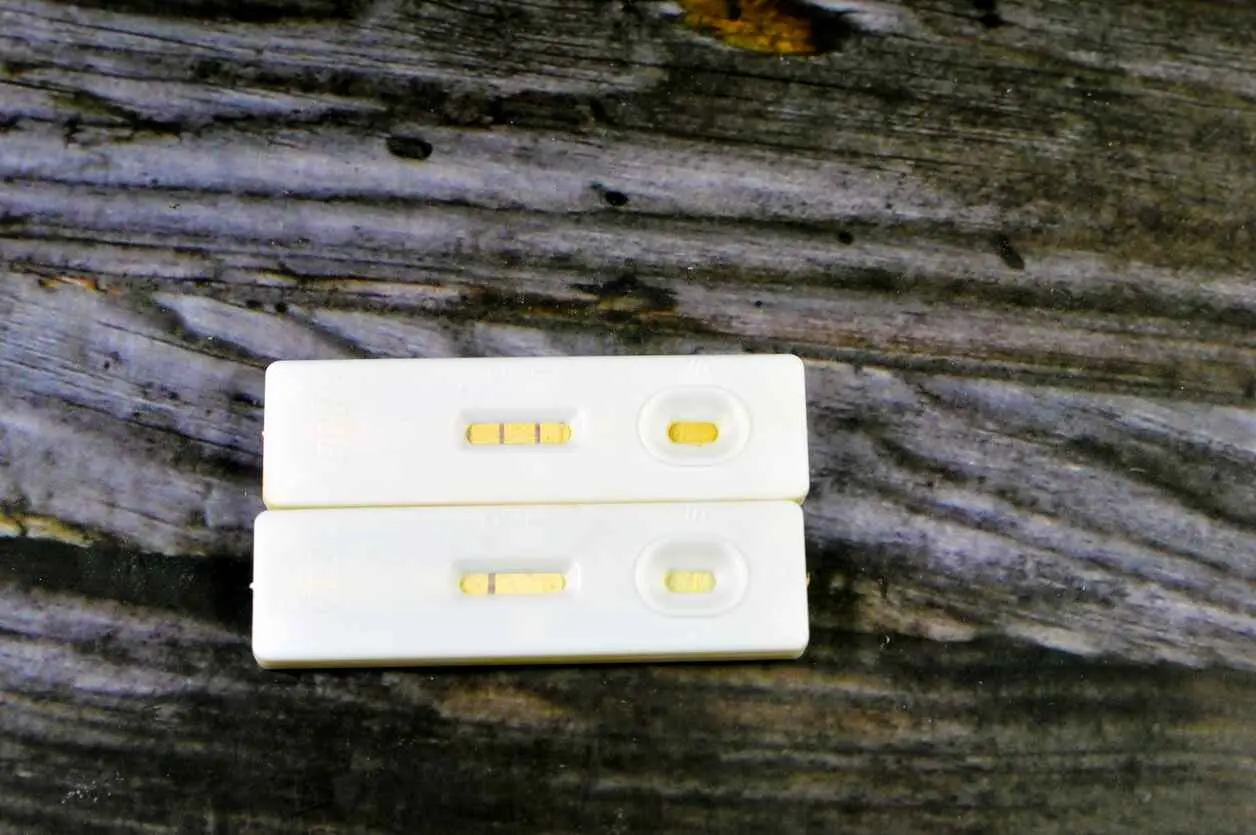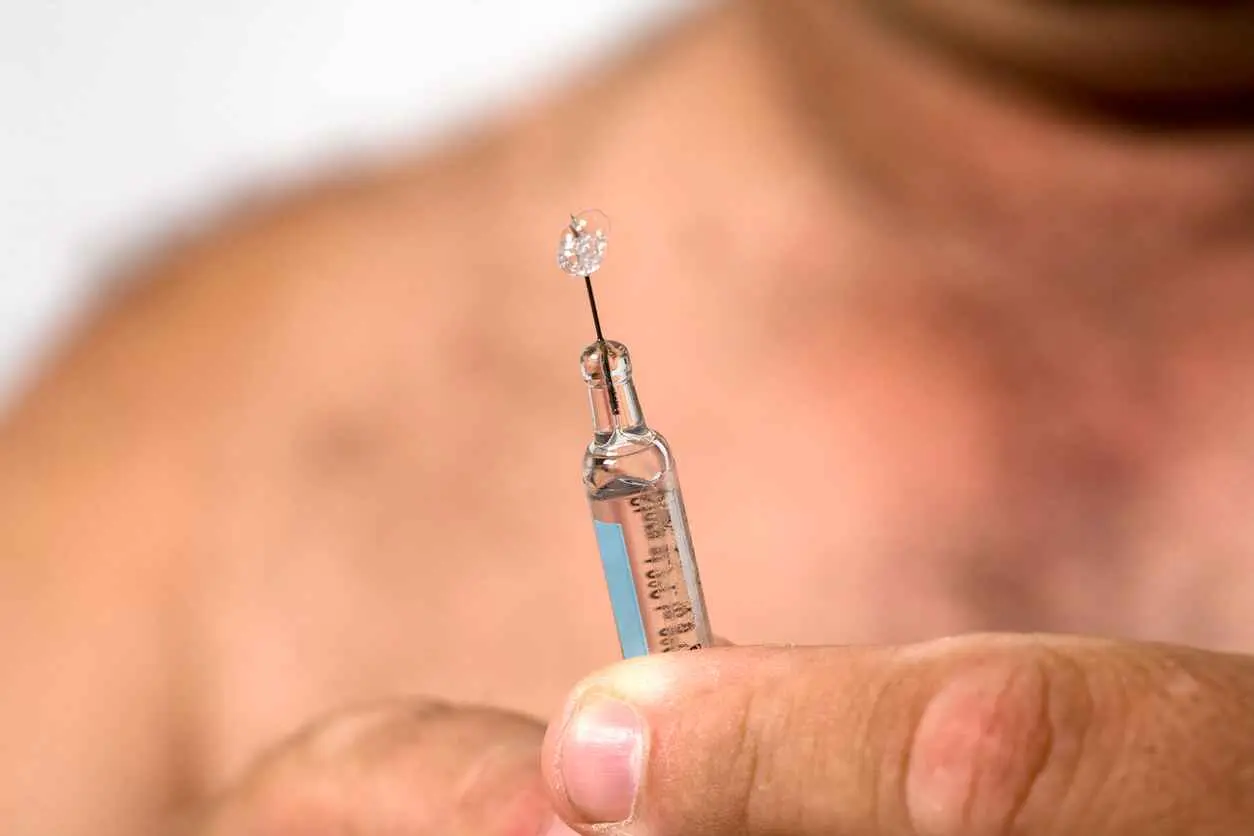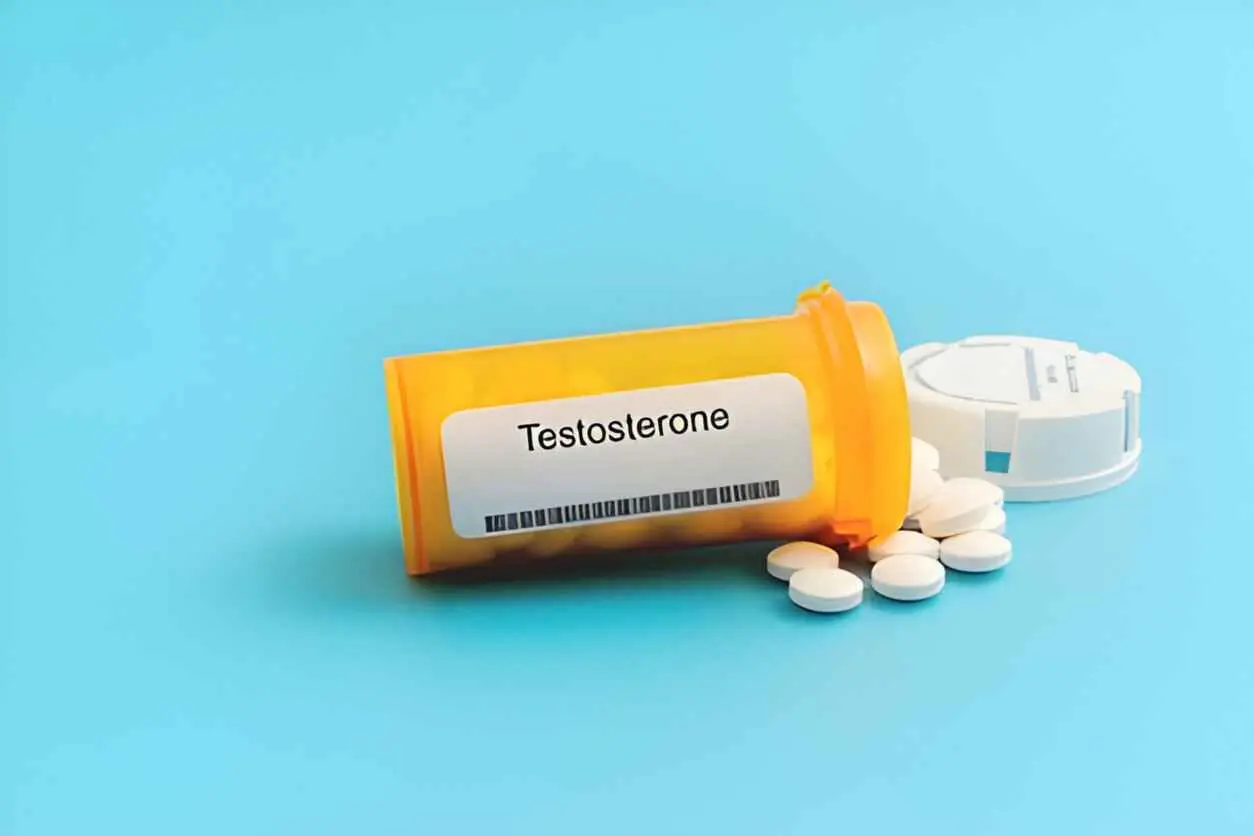
How Low Testosterone Affects Energy Levels And Sleep
How Low Testosterone Affects Energy Levels And Sleep
How Does Low Testosterone Affect Energy and Sleep?
Low testosterone can cause chronic fatigue, poor sleep quality, and daytime tiredness. It disrupts hormone balance, affecting metabolism, recovery, and mood. Treating low T naturally or with testosterone replacement therapy (TRT) can improve energy and sleep.
Learn how low testosterone causes tiredness, poor sleep, and low energy and how to treat it naturally or with testosterone replacement therapy (TRT).
Our bodies are designed to balance our hormones for a healthy and happy life. However, these hormone levels can sometimes become disrupted for various reasons.
Testosterone is a crucial male sex hormone that controls many functions in both men and women. As men get older, their testosterone levels start to drop, leading to low testosterone or "male menopause." This can lead to changes such as lower energy levels, decreased bone density, and sleep disturbances.
This article explains how low testosterone levels can impact your energy and sleep. We also discuss the best ways to boost your testosterone levels.
What Is Low Testosterone (Low T) in Men?
Low testosterone (also called low T) is a condition in which the body doesn't produce enough testosterone. Testosterone is a male sex hormone that helps develop male features, increase muscle mass, produce red blood cells, improve mood, and support reproductive functions.
When you have low T, all these processes can be affected, leading to low muscle mass, weaker bones, trouble getting an erection, and depression.
This condition usually affects older men, but specific medical issues like testicular cancer can cause low T in younger men, too. If you experience symptoms of low testosterone, consult your doctor for treatment options.
How Common Is Low Testosterone in Men?
Low testosterone is more common in older men because their testes can no longer produce normal levels of testosterone. It affects about 40% of men aged 45 and older worldwide. Diagnosing low testosterone can be tricky because testosterone levels change throughout the day.
How Doctors Diagnose Low Testosterone in Men
If you suspect you have low testosterone, consulting a doctor for a proper diagnosis is recommended. Talk to your doctor about your medical history, any sexual issues, changes you've noticed, and any medications you're taking.
Your doctor will ask questions about your symptoms and perform a physical exam, checking your breast tissue, body hair, and test size. They will then perform a blood test to determine if your symptoms are related to low testosterone levels.
Typically, two or more early morning blood tests are required to confirm low testosterone levels. Your doctor might perform more tests to determine the exact cause.
Why Low Testosterone Is a Serious Health Concern
Testosterone has many vital roles in the body. When its levels drop, you can experience symptoms that affect your quality of life. It significantly impacts your sex life, making it hard to get an erection and lowering your desire for sex.
You might not need to worry if your testosterone level is only slightly low. However, if the symptoms persist or worsen significantly, you should consult your doctor to determine the cause. Your doctor will identify the cause of low T and suggest the best solution.
Low Testosterone and Chronic Fatigue in Men
Testosterone helps men maintain their energy and strength. It boosts metabolism and physical performance. When men don't have enough testosterone, their energy levels can drop, and their physical performance can suffer.
Even after resting, you may still feel tired, which can make it difficult to perform everyday tasks. To address this, consider adjusting your lifestyle and incorporating foods that support testosterone levels. If these methods are not effective, consult a doctor for proper treatment.
How Low Testosterone Affects Sleep Quality and Insomnia
The relationship between low testosterone (low T) and sleep is complicated. Your testosterone levels naturally rise when you sleep at night. People who don't get enough sleep or stay awake at night and sleep during the day often have low T.
Lack of sleep can lower your testosterone levels, but low T can also mess up your sleep and cause insomnia. Not getting enough sleep can leave you feeling tired in the morning, lower your energy levels, and make you irritable. If low T is causing sleep problems, you should find ways to boost your testosterone levels.
|
Symptom |
Effect on Daily Life |
|---|---|
|
Fatigue |
Reduced productivity, constant tiredness |
|
Poor Sleep |
Insomnia, disrupted sleep cycles |
|
Low Libido |
Decreased sexual desire |
|
Muscle Loss |
Weaker physical strength, less endurance |
|
Mood Swings/Depression |
Irritability, anxiety, or low motivation |
|
Increased Body Fat |
Harder to lose weight, more abdominal fat |
How to Treat Low Testosterone Safely and Effectively
After diagnosing low testosterone, your doctor will suggest making lifestyle changes and eating foods that naturally boost testosterone levels. They will monitor how these changes affect your testosterone levels over time. If your low T symptoms persist, the doctor will recommend a treatment called testosterone replacement therapy.
Ways Of Boosting Your Testosterone Levels
Here are the most effective ways to increase your testosterone levels:
Start Exercising And Stick To It:
Exercise has many health benefits and is the best natural way to boost testosterone. Studies show that people who exercise regularly have more energy and higher testosterone levels.
Eat Well:
Overeating or constant dieting can lower your testosterone levels. Maintain a balanced diet with the right amounts of proteins, healthy fats, and carbs. Eat whole foods, vegetables, and fruits for pure nutrients.
Enjoy Quality Sleep:
Your sleep directly affects testosterone levels. Aim for at least 8 hours of sleep each night. If you have trouble sleeping, try activities before bed that help you relax and fall asleep early.
Minimise Stress:
Stress causes your body to release the cortisol hormone, which can reduce testosterone production. Try to minimise stress to keep cortisol levels low.
Testosterone Replacement Therapy:
Testosterone replacement therapy (TRT) is a medical treatment where testosterone is added to your body using methods like gels, skin patches, tablets, injections, or creams. Patients can choose their preferred method. Most men see a reduction in low T symptoms within 4 to 6 weeks of starting TRT. Doctors prescribe this treatment if you truly have low testosterone and are experiencing several low T symptoms.
Benefits Of Testosterone Replacement Therapy
Men who undergo testosterone replacement therapy notice several improvements, including:
- Better mood and energy levels
- Lower risk of osteoporosis, as testosterone strengthens bones.
- Improved libido and sex life
- Loss of fat and stronger muscles
However, it's essential to be aware of the potential side effects of this treatment. Testosterone replacement therapy can cause skin irritation, acne, breast tenderness, and smaller testicles. Discuss these side effects with your doctor before starting treatment.
When Should You Worry About Low Testosterone?
If your testosterone levels have dropped a lot and are affecting your quality of life, you should get proper treatment. Sometimes, low testosterone levels are temporary and resolve on their own, possibly due to the effects of medications or other factors.
However, if the symptoms persist, you should consult a doctor and discuss the issue. Without proper treatment, low T can lead to low bone density, increased body fat, poor sex life, and low energy levels.
Does Low T Last Forever?
Some people experience low T temporarily due to certain conditions. However, if you have a genetic issue, have had a testicle removed due to cancer, or are over 50, you may experience low T permanently.
But you don't have to live with this condition. You can bring your testosterone levels back to normal by improving your lifestyle and getting effective treatment.
Frequently Asked Questions About Low Testosterone, Energy and Sleep
Can low testosterone cause extreme tiredness?
Yes. Chronic fatigue is a hallmark symptom of low testosterone in men, even if you’re getting adequate rest.
How does low testosterone affect sleep?
Low testosterone can cause insomnia, fragmented sleep, and shorter sleep duration—especially in men over 40.
Will TRT improve my energy and sleep?
Yes. Testosterone replacement therapy often improves energy levels and sleep quality in men with clinically low T.
How do I test for low testosterone?
Your doctor will perform early morning blood tests and review your symptoms to confirm a diagnosis.
Can you reverse low T naturally?
Lifestyle changes like resistance training, sleep optimisation, and a high-protein diet can help, but severe low T may require medical TRT.
Is insomnia a symptom of low testosterone or something else?
It can be both. Low T may disrupt sleep cycles, but it is also essential to rule out other potential causes, such as sleep disorders, stress, or other underlying conditions.
What is the best treatment for low testosterone and fatigue?
TRT is the most effective clinical solution when natural methods aren’t enough and low testosterone is confirmed.
Final Thoughts on Treating Low Testosterone
Low testosterone can disrupt sleep and lower energy levels, negatively affecting productivity and quality of life. People with this condition should first try natural ways to boost testosterone. If these methods don't work, testosterone replacement therapy is the most effective treatment to help them overcome low T symptoms and enjoy life again.


